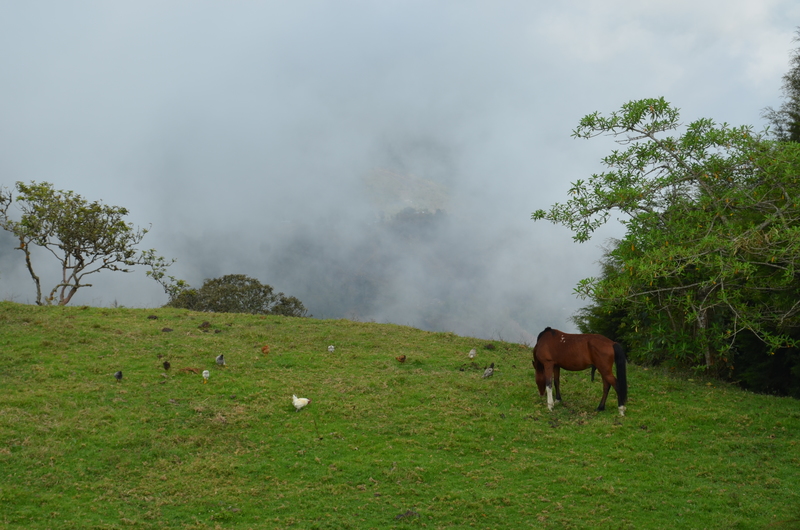Colombian Coffee Farmers and Climate Change
A visit with Fondo Paez reveals how farmers have been coping with climate change
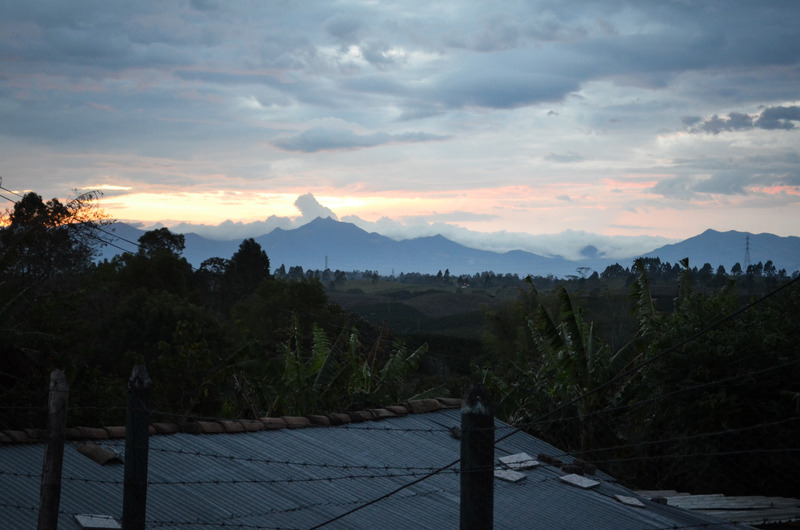
My first visit to Fondo Paez was a year and a half ago, March 2013. Yuri and several members of Fondo Paez welcomed me to Santander de Quilichao up in the mountains of the Cauca department and I spent three days visiting the farms of several of their members.
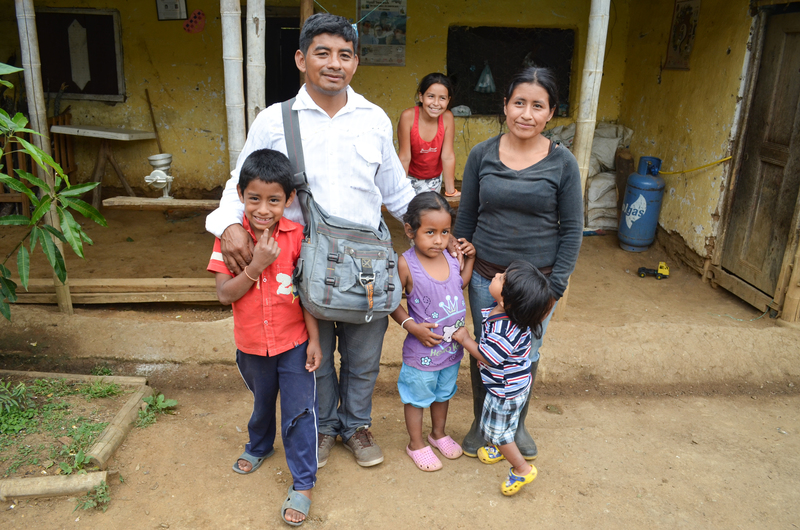
One of the farmers I met was Clima (pictured above with his family). On that first visit, Clima showed me his farm, and talked with me about the importance of coffee in his life. His parents were coffee farmers, and so it had always been a part of his life. He explained to me that, for him, coffee represents stability, nourishment, the economy.
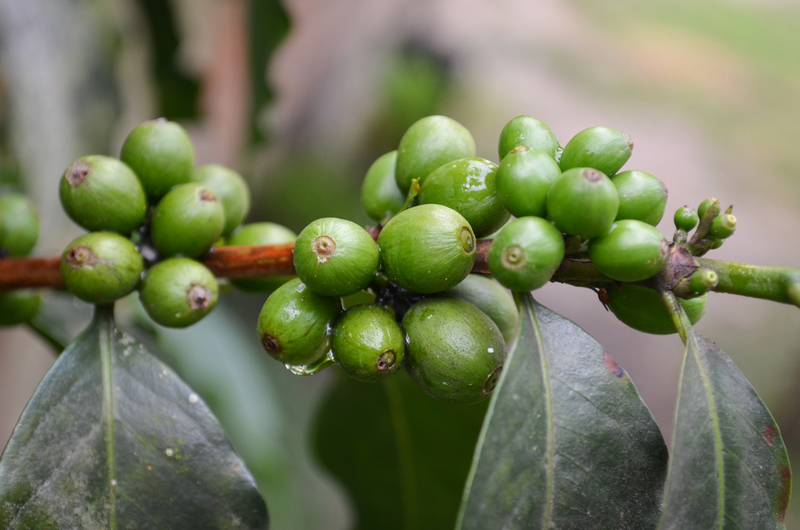
While visiting his farms and others nearby, farmers showed me the signs of 'la roya', or coffee leaf rust, that was appearing on their plants. La roya is a fungus that causes the leaves to fall off, eventually killing the plant. Climate change has increased the appearance of the disease - rising global temperatures and fluctuating rainfall create a perfect environment for the fungus to flourish.
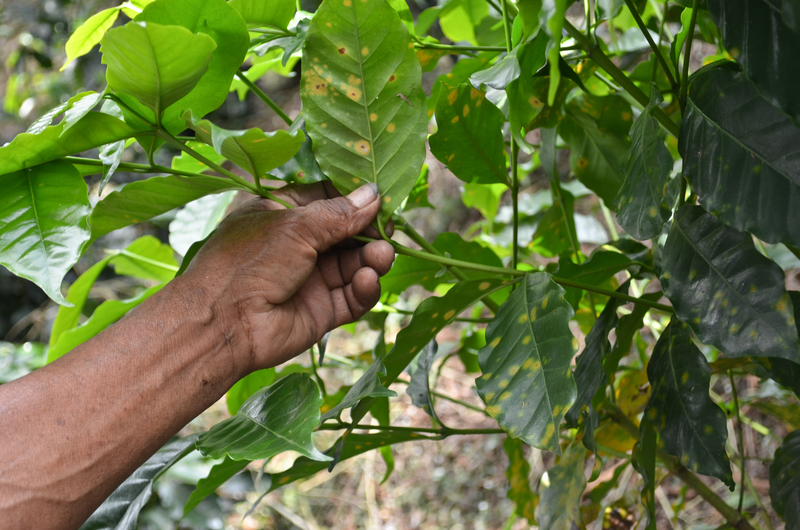
Fast forward a year and half - Clima explained to me that, since I was last there, the rains have been less and less frequent and, on top of that, the past summer lasted six months, the longest he can recall. These conditions have the farmers worried. The rainy season, and with it their coffee harvest, are late. So farmers are working to cope with what could potentially be devastating to their livlihood.
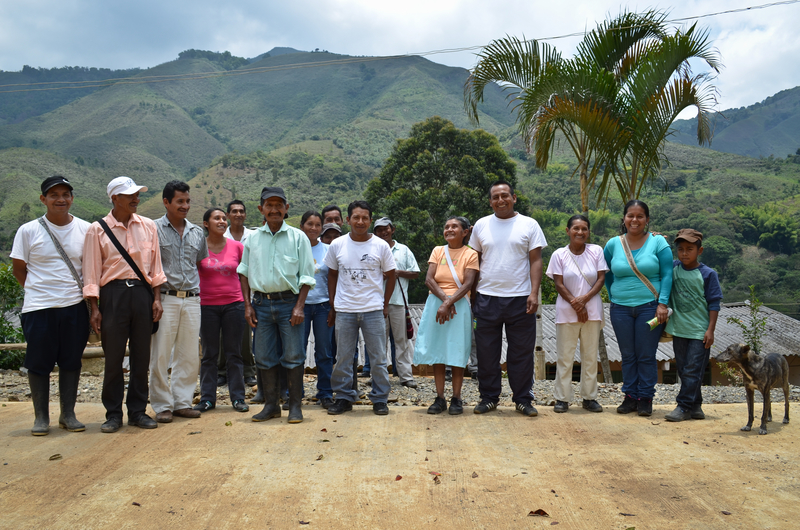
Though hybrid varieties exist that are more resistent to the rust, they are lower in quality, and necesitate the use of fertilizers and pesticides. So, the farmers of Fondo Paez have been working to protect their coffee crop by diversifying plant varietals, bokashi composting, irrigation systems, tedious pruning techniques, and improving the shade canopy.
La roya has wiped out entire harvests in Central America. Fondo Paez has been hit hard, but has been lucky that they've been able to continue producing, compared to some of the cooperatives we work with further north, which were unable to export at all this year. It's unclear what the future holds, but we hope that with continued support, and their own hard work and dedication, Fondo Paez will be able to serve as an example for other cooperatives for their successful innovation in the face of climate change.

